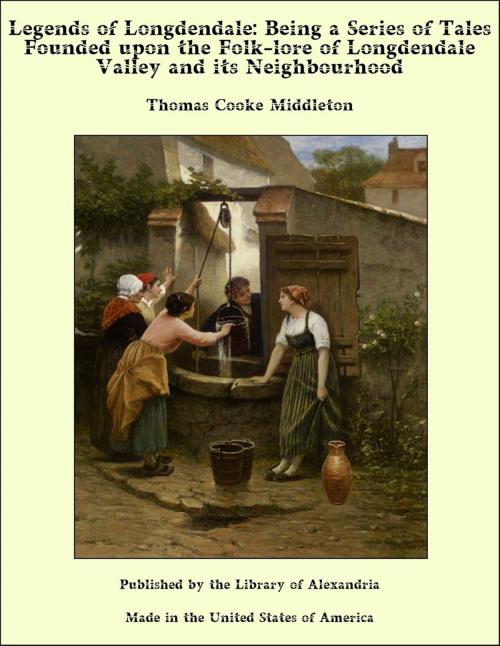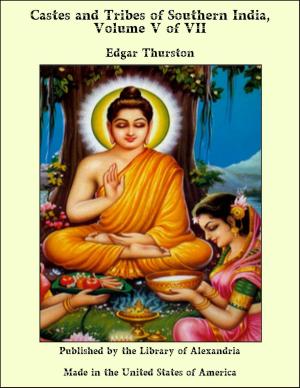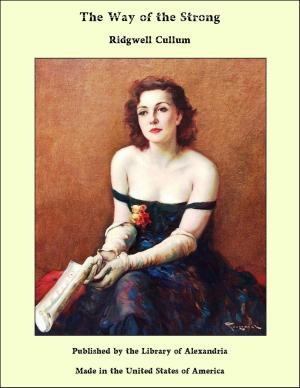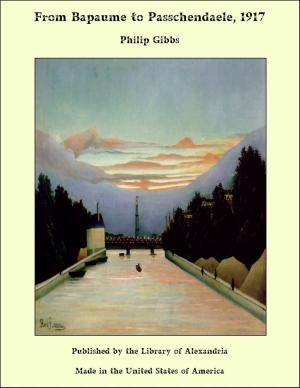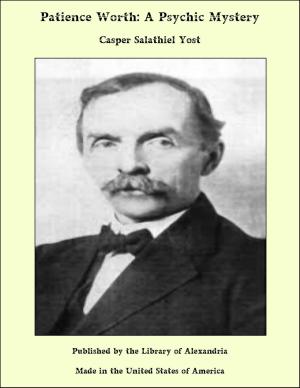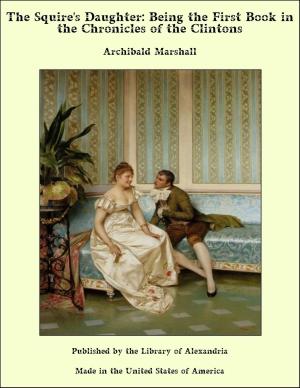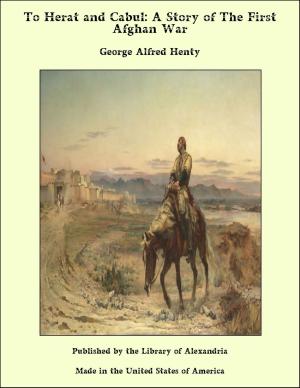Legends of Longdendale: Being a Series of Tales Founded upon the Folk-lore of Longdendale Valley and its Neighbourhood
Nonfiction, Religion & Spirituality, New Age, History, Fiction & Literature| Author: | Thomas Cooke Middleton | ISBN: | 9781465604590 |
| Publisher: | Library of Alexandria | Publication: | March 8, 2015 |
| Imprint: | Language: | English |
| Author: | Thomas Cooke Middleton |
| ISBN: | 9781465604590 |
| Publisher: | Library of Alexandria |
| Publication: | March 8, 2015 |
| Imprint: | |
| Language: | English |
FOR some time after the invasion of Britain by Julius Cæsar (55 B.C.) no proper steps were taken by the Romans to reduce to submission the northern portion of the island. The civil war in Rome, which resulted in the establishment of a monarchy under Augustus, prevented the Romans from making further attempts upon Britain, for Augustus was unwilling to endanger the empire by extending its limits. At length, however, the Emperor Claudius, remembering the island, sent over an army which carried the Roman line beyond the Thames. Later in the same reign the Romans subdued an insurrection among the Brigantines—a nation which inhabited Lancashire, Yorkshire and the other Northern counties. The kingdom of the Brigantines extended to Longdendale, where it was bounded by the territory of the Cornavii, another ancient British tribe who were masters of Cheshire and several other counties to the south of the Brigantine line. These warlike tribes again rose in opposition to the Romans, but were finally subdued by Julius Agricola, who, coming to Britain about the year 79 A.D., took possession of Cheshire, and occupied the county with his own legion. He is supposed to have either led or sent a strong force of soldiers to overcome the inhabitants of Longdendale, and one outcome of this expedition was the series of incidents narrated in the following legend. It would be about the year 80 A.D. when the Romans advanced up the north-east Horn of Cheshire to attack the people of Longdendale. Agricola heralded his coming by a summons to surrender, which was met by a defiant refusal from the haughty Britons. Proud of their country and her great traditions, the local Britons determined to fight for their freedom to the last, preferring death in battle to slavery beneath the yoke of Rome. “Tell thy proud chief that the sons of Britain are warriors and free men. Free men will they live, and free men die. Never will they submit their necks to the yoke of the Eagle. Rather will they perish on the spears of the legionaries.” Thus spoke Edas the son of Atli, the brave hill warrior, who was chief of the Britons in Longdendale. The Roman heard, and, proud and haughty though he was, could not help admiring the heroic audacity of the white, half naked savage who stood before him. Edas, son of Atli, was a finely built man, six feet and more in height, broad of chest and stout of limb, and standing thus, with no garment save a covering of wolf-skin about his loins, the beautiful proportions of his frame stood out with the clearness of a statue. His long hair hung loose about his shoulders, shining golden in the sunlight, and truly was it said of him that no hero of the old time was more glorious to look upon.
FOR some time after the invasion of Britain by Julius Cæsar (55 B.C.) no proper steps were taken by the Romans to reduce to submission the northern portion of the island. The civil war in Rome, which resulted in the establishment of a monarchy under Augustus, prevented the Romans from making further attempts upon Britain, for Augustus was unwilling to endanger the empire by extending its limits. At length, however, the Emperor Claudius, remembering the island, sent over an army which carried the Roman line beyond the Thames. Later in the same reign the Romans subdued an insurrection among the Brigantines—a nation which inhabited Lancashire, Yorkshire and the other Northern counties. The kingdom of the Brigantines extended to Longdendale, where it was bounded by the territory of the Cornavii, another ancient British tribe who were masters of Cheshire and several other counties to the south of the Brigantine line. These warlike tribes again rose in opposition to the Romans, but were finally subdued by Julius Agricola, who, coming to Britain about the year 79 A.D., took possession of Cheshire, and occupied the county with his own legion. He is supposed to have either led or sent a strong force of soldiers to overcome the inhabitants of Longdendale, and one outcome of this expedition was the series of incidents narrated in the following legend. It would be about the year 80 A.D. when the Romans advanced up the north-east Horn of Cheshire to attack the people of Longdendale. Agricola heralded his coming by a summons to surrender, which was met by a defiant refusal from the haughty Britons. Proud of their country and her great traditions, the local Britons determined to fight for their freedom to the last, preferring death in battle to slavery beneath the yoke of Rome. “Tell thy proud chief that the sons of Britain are warriors and free men. Free men will they live, and free men die. Never will they submit their necks to the yoke of the Eagle. Rather will they perish on the spears of the legionaries.” Thus spoke Edas the son of Atli, the brave hill warrior, who was chief of the Britons in Longdendale. The Roman heard, and, proud and haughty though he was, could not help admiring the heroic audacity of the white, half naked savage who stood before him. Edas, son of Atli, was a finely built man, six feet and more in height, broad of chest and stout of limb, and standing thus, with no garment save a covering of wolf-skin about his loins, the beautiful proportions of his frame stood out with the clearness of a statue. His long hair hung loose about his shoulders, shining golden in the sunlight, and truly was it said of him that no hero of the old time was more glorious to look upon.
